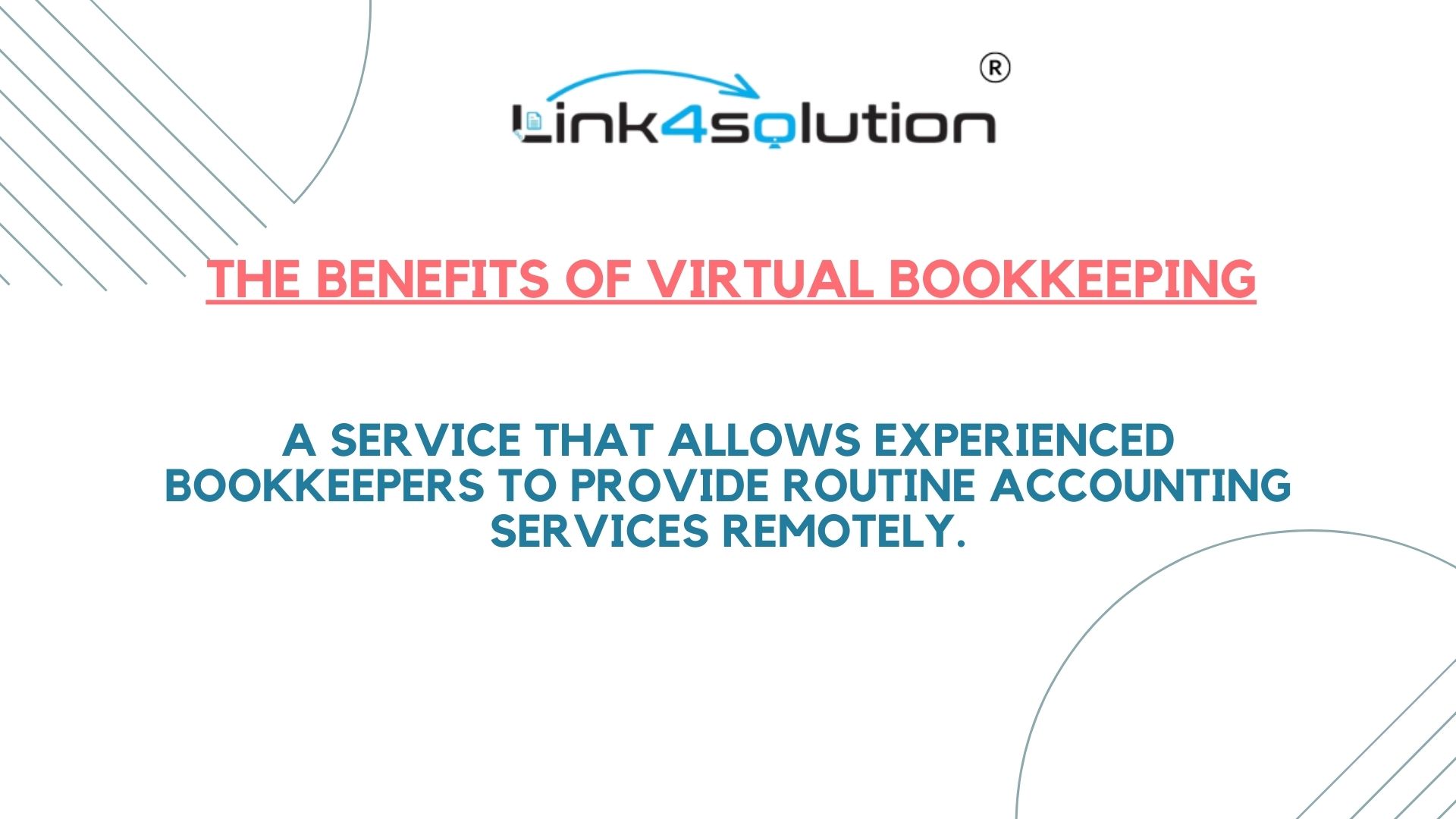A Virtual CFO(chief financial officer) Services
A virtual Chief Financial Officer (CFO) serves as a guide and outsourced financial expert for businesses, offering financial guidance, strategic planning, and oversight without being physically present at the company’s location. Here is a comprehensive guide to being a virtual CFO or hiring one for your business:
Financial Strategy Development: A virtual CFO guides you on how to analyze financial data to develop short-term and long-term strategies aligned with business goals. They offer insights on cash flow management, budgeting, and forecasting.
Financial Reporting and Analysis: This virtual CFO guide helps create and maintain financial reports, providing key metrics for decision-making. They perform financial analysis to identify trends, risks, and opportunities.
Risk Management and Compliance: Assess and mitigate financial risks by implementing effective risk management strategies. The virtual CFO ensures compliance with regulatory standards and industry-specific requirements.
Operational Efficiency Improvement: Identify areas for cost reduction and operational improvement. Implement systems and processes to streamline financial operations.
Investor Relations and Funding: Manage relationships with investors and stakeholders. Assist in fundraising efforts and pitch presentations for potential investors.
Technology and Systems Integration: Recommend and implement financial software and tools for efficiency. Integrate systems for better data management and analysis.
Decision-making based on data-driven insights: CFOs use data analytics to strategically forecast financial trends, identify opportunities, and plan the company’s short- and long-term financial strategies. From a risk management point of view, by analyzing data, CFOs can identify potential risks and take proactive measures to mitigate them, ensuring the company’s financial stability and resilience.Through data analytics, CFOs can identify areas of inefficiency or unnecessary expenditure and devise strategies to optimize costs without compromising quality. They use data-driven insights to allocate resources effectively, optimizing budgets for maximum return on investment.CFOs play a critical role in selecting and integrating financial technologies and systems that facilitate data collection, analysis, and reporting. They ensure data integrity, security, and compliance with regulations while utilizing data analytics for decision-making.




